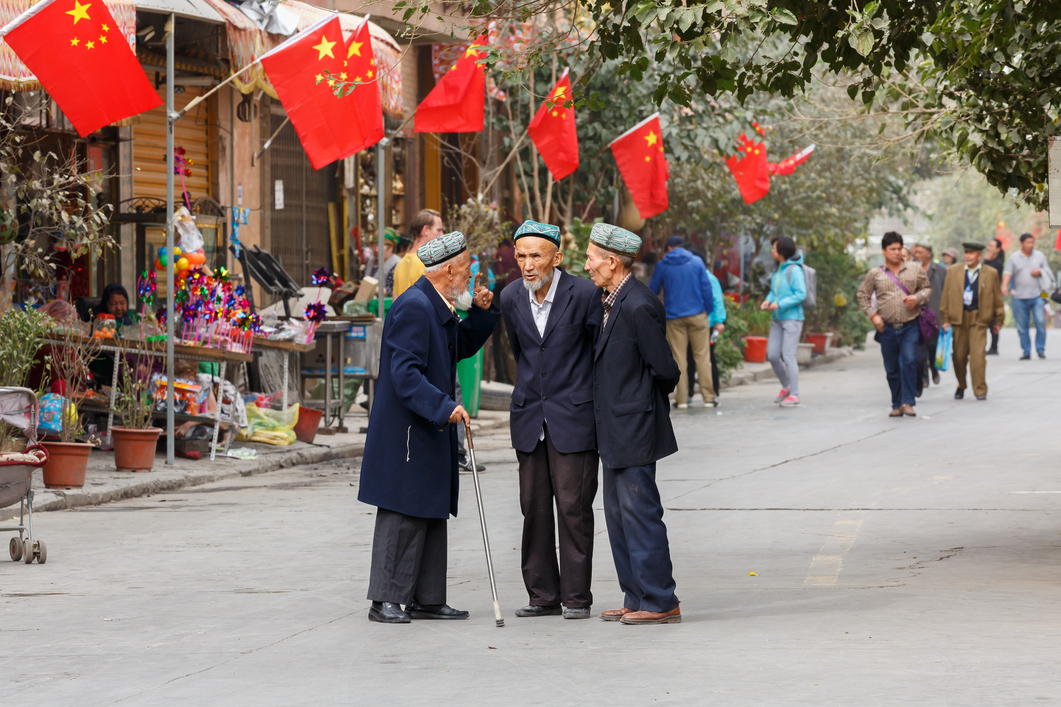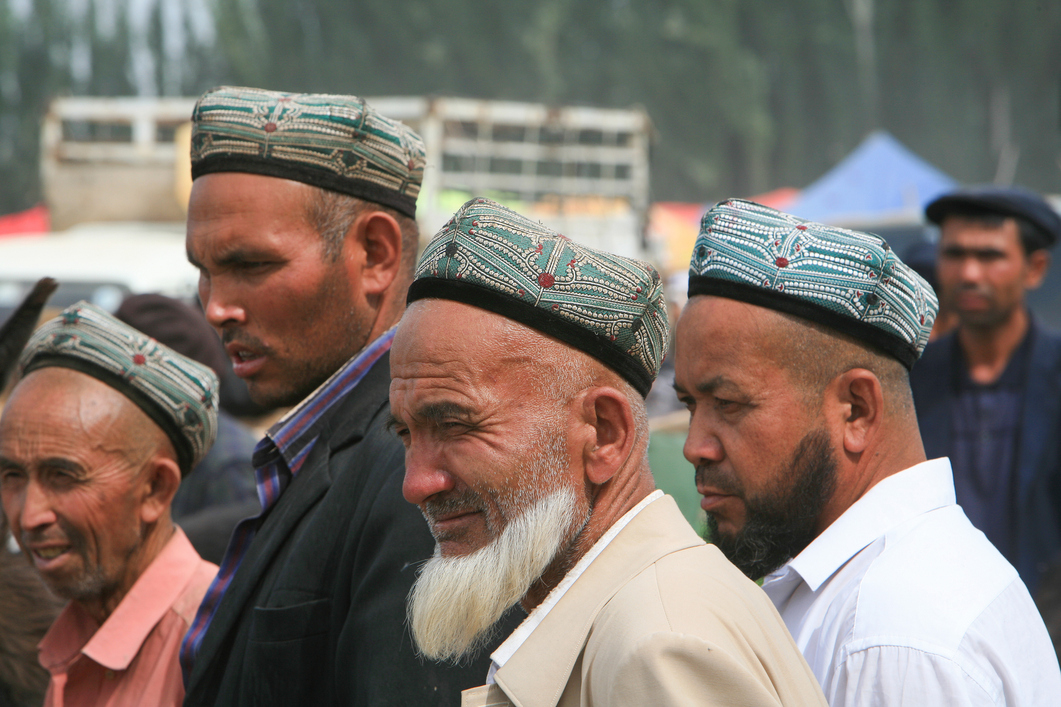
Nikita Bohra
Posted On : Sep 3 2020
Islam in China and the Uyghurs
China, a country with a rich cultural heritage, is home to a diverse array of ethnicities and religious groups. Islam in China and the Uyghurs is a complex and tense scenario

In China Islam holds a significant presence, primarily represented by the Uyghurs, a predominantly Muslim ethnic minority residing in the Xinjiang region of western China. This article explores the historical background of Islam in China, the establishment of the Uyghur community, and the current scenario that has drawn international attention due to allegations of human rights abuses and religious restrictions.
Historical Roots of Islam in China
Islam's presence in China dates back over a thousand years. It is believed that Muslim traders and missionaries introduced Islam to China during the Tang Dynasty (618-907 CE). These early connections fostered peaceful coexistence between Muslims and the predominantly Buddhist and Confucian society of the time. The Silk Road, an ancient trade route that connected East and West, played a vital role in facilitating cultural and religious exchanges, allowing Islam to take root in the region.
The Rise of the Uyghurs
The Uyghurs are a Turkic ethnic group whose roots in Xinjiang can be traced back to the 8th century. They played a crucial role in spreading Islam in the region and established a rich cultural and intellectual tradition. Historically, the Uyghur people have been known for their artistic achievements, scientific contributions, and significant literary heritage.
In modern times, the Uyghurs have faced challenges in preserving their distinct cultural identity, especially as the Chinese government asserts control over the region. As the Communist Party of China strengthened its rule, tensions between the Uyghur population and the central government began to escalate, leading to the emergence of separatist movements and demands for greater autonomy.
The Current Scenario: Uyghurs in China
Over the past few decades, the Uyghurs' situation in China has become a contentious issue both within the country and on the international stage. The Chinese government's approach to addressing separatist tendencies has drawn significant criticism from human rights organizations and foreign governments. Allegations of mass detentions, forced labour, religious restrictions, and cultural assimilation have become increasingly prevalent.
Mass Detentions and "Re-Education" Camps
The Chinese government has been accused of operating mass detention centers, euphemistically referred to as "re-education" camps, where thousands of Uyghurs are allegedly held without due process. According to reports, Uyghurs have been detained under the guise of countering terrorism and religious extremism. Families are torn apart, and many individuals have reportedly been detained without any clear charges or access to legal representation.
Forced Labor and Economic Exploitation
There have been numerous reports of forced labour practices in Xinjiang, where Uyghurs are allegedly coerced into working in factories and agricultural fields. The forced labour practices have raised concerns among international consumers, leading to increased scrutiny of supply chains to ensure products are not tainted by forced labour.
Religious Restrictions and Cultural Assimilation
Uyghurs have reportedly faced increasing religious restrictions, with the Chinese government imposing strict regulations on religious practices, dress codes, and fasting during Ramadan. Mosques have been subjected to surveillance, and religious gatherings are closely monitored. The Chinese government has also implemented programs aimed at promoting "Chinese culture" among Uyghur communities, which critics argue are attempts to assimilate the Uyghurs into the dominant Han Chinese culture.

International Response and Concerns
The treatment of Uyghurs in China has sparked global outrage and condemnation. Various countries, international organizations, and human rights groups have called for accountability, transparency, and an end to the alleged human rights abuses. Some have labelled the situation as a genocide, while others have imposed sanctions on Chinese officials and entities linked to the human rights violations.
China, however, has repeatedly denied these allegations, asserting that its policies in Xinjiang are aimed at promoting stability, economic development, and countering extremism. The Chinese government claims that the "re-education" camps are vocational training centers designed to provide skills and combat radicalization.
Conclusion
The current scenario surrounding Islam in China and the treatment of the Uyghurs is a complex and sensitive issue that demands attention and thoughtful engagement. As the world navigates the delicate balance between respecting national sovereignty and safeguarding human rights, it is imperative to continue fostering open dialogue, international cooperation, and constructive engagement with China. Finding a peaceful resolution that respects the dignity and rights of all individuals, regardless of their ethnicity or religious beliefs, is essential to ensuring a harmonious future for both China and the global community
No Comments Added




















